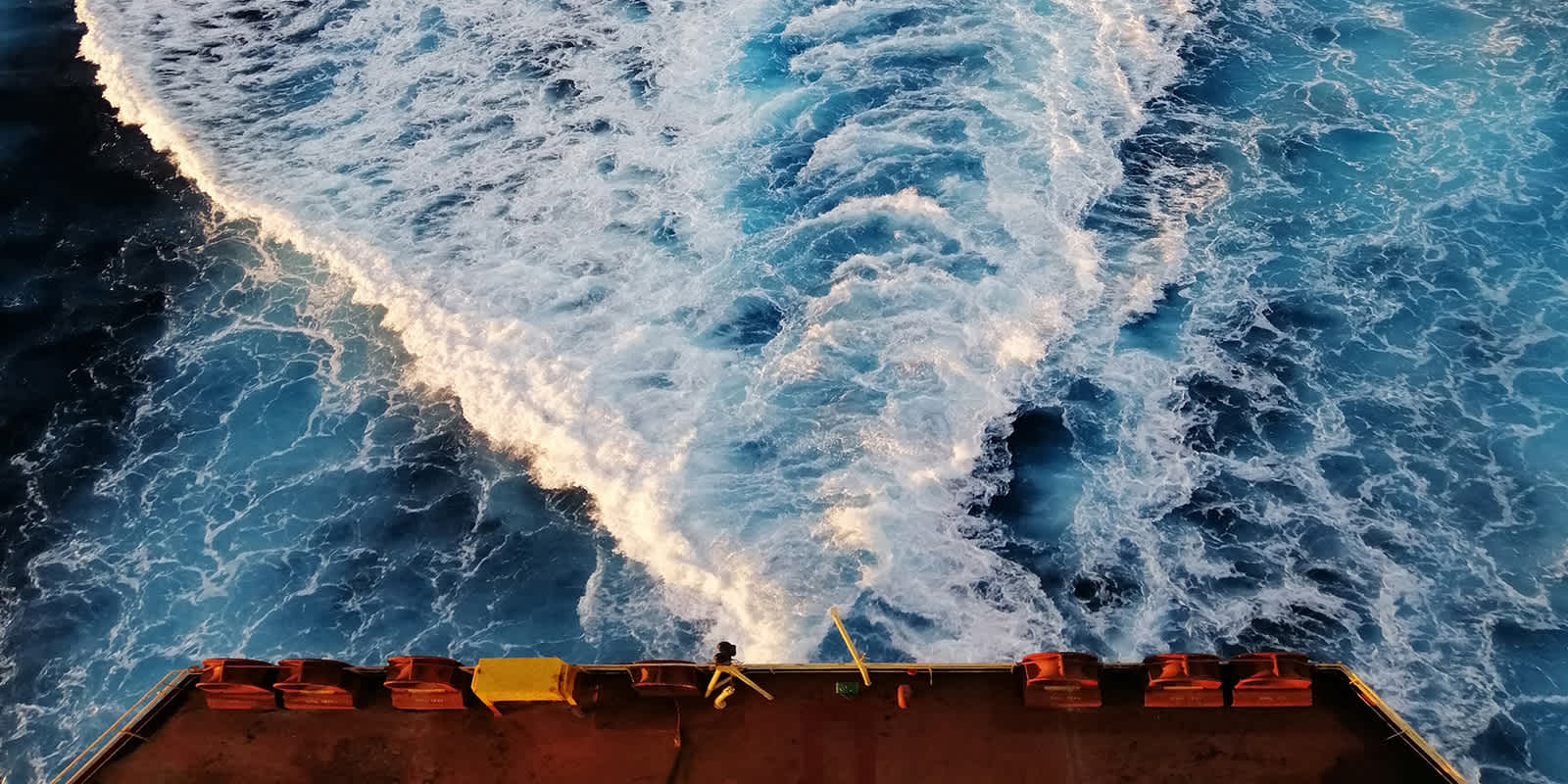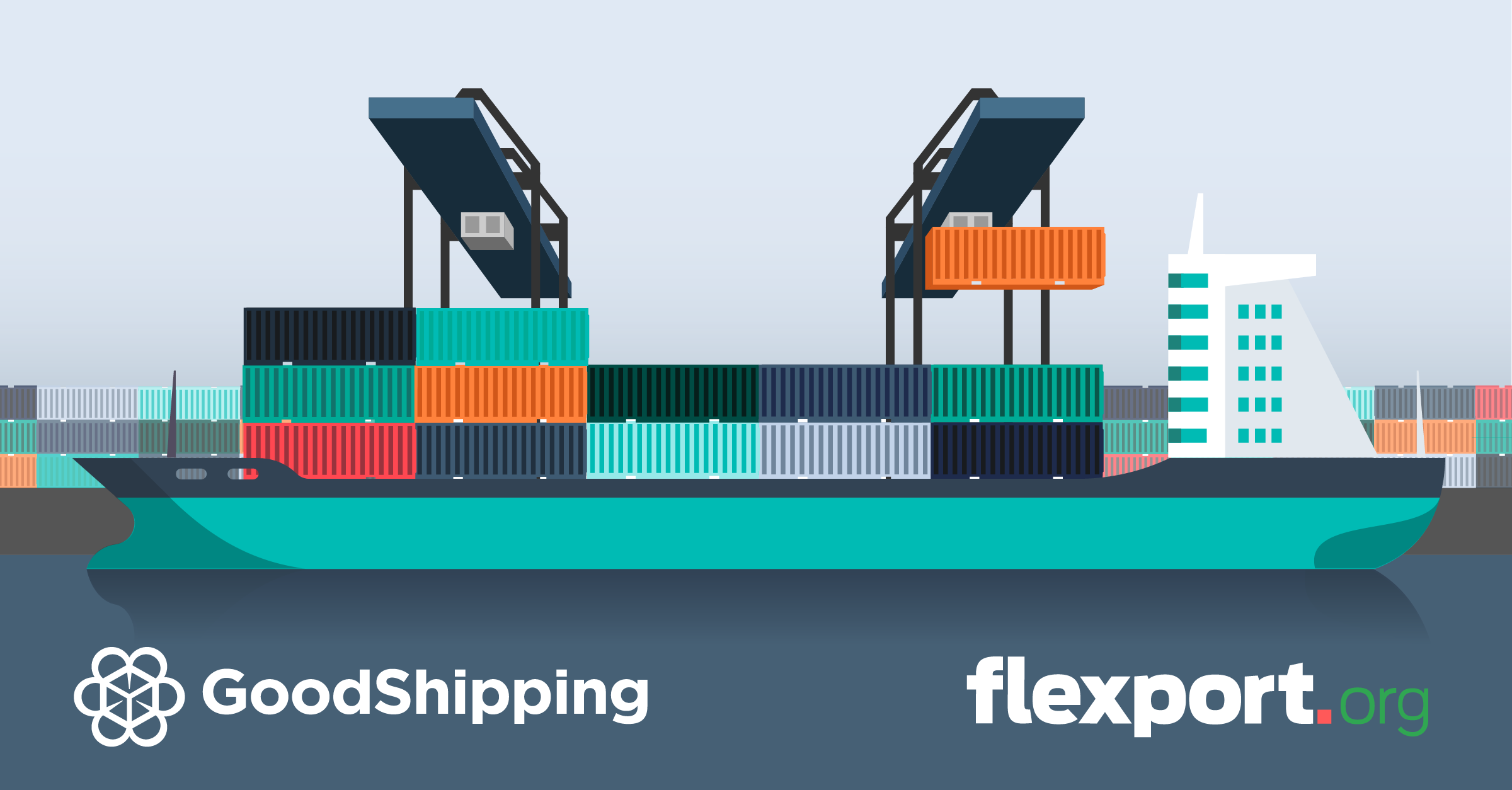
18.04.2023
Fueling Maritime Decarbonization through Marine Biofuels
Fueling Maritime Decarbonization through Marine Biofuels
The global maritime sector is responsible for nearly 3% of global greenhouse gas (GHG) emissions according to the International Maritime Organization (IMO), a UN regulatory body that oversees global shipping. Under business-as-usual this value is projected to increase despite the IMO’s reduction targets. There is still time to rechart our course and low-carbon fuels will help get us there.
Heavy fuel oil (HFO) has been the primary fuel for the large diesel engines and marine boilers that propel commercial vessels since the 1950s. In the maritime sector it is often referred to as residual fuel oil because it is literally what is left over from the refinement of raw petroleum. It’s one step above bitumen—which we use to pave roads.
Increased scrutiny, more stringent regulations, and public demand are pushing the maritime sector towards solutions that reduce greenhouse gas emissions. There are a variety of ways to reduce emissions on commercial vessels, through improved energy efficiency, exhaust treatment and carbon capture, using renewable energy resources like wind, and low-carbon liquid and gaseous fuels. However, we believe replacing fossil HFO and marine diesel oil (MDO) with alternative fuels that result in fewer, or zero, GHG emissions is the most impactful path forward.
Alternative fuels of interest to the maritime industry include biofuels, ammonia, methanol, hydrogen, and liquefied natural gas (LNG). One, or several, of these alternative fuels will likely replace the incumbent heavy fuel oil (HFO), but the future fuel mix is far from certain for several reasons. First, few of these alternatives are widely available at all ports of call, and limited availability typically leads to higher prices.
Second, these fuels can be produced in different ways using different ingredients (feedstocks), both of which affect the total life-cycle emissions of the fuel and create many different options to consider even within a given fuel type. Lastly, a ship’s engine is designed to accommodate specific fuels; alternative fuels are not always plug-and-play and may not work in existing marine engines.
Enter sustainable marine biofuels. Biofuels are any number of liquid or gaseous fuels derived from virgin or waste biomass feedstocks—for example plants, algae, or municipal solid waste. Sustainable biofuels can be close to net-zero GHG emissions, or even net-negative, since carbon uptake during growth of the biomass feedstock can offset other emissions associated with other phases of the fuels’ lifecycle. Given the wide range of feedstocks and production methods, the chemical and physical properties across biofuels can vary substantially, and more importantly so can the GHG emissions when measured on a full lifecycle basis. Waste feedstocks, or organic matter that would otherwise be disposed of, typically offer the greatest reduction potential.
From an engine’s perspective, these biofuels closely resemble HFO or petroleum-based diesel. This means that they can be used today with no vessel or engine retrofits required—a truly plug-and-play or ‘drop-in’ fuel replacement. Biofuels therefore have an important role to play in the short-term to drive down emissions in commercial shipping. Considering the long-lived nature of commercial vessels, typically upwards of 30 years, we cannot rely solely on new-build vessels that are designed to accommodate new fuels as the fleet turnover rate is simply too slow.

Flexport is keen to support the maritime energy transition to new fuels that help reduce GHG emissions. This is why we have partnered with GoodShipping, a decarbonization service that helps cargo owners reduce emissions by switching from fossil to sustainable biofuels. GoodShipping, through its sister company and biofuel supplier GoodFuels, enables the use of low-carbon marine biofuels in ships. This allows vessel owners and operators to reduce their Scope 1 emissions, with Scope 3 emission reduction allocated to the cargo owners who help fund the fuel switch.
GoodFuels produces their biofuels using waste feedstocks, offering emissions reductions upwards of 80% relative to HFO when the fuel is assessed on a full lifecycle basis according to the company. This process is called ‘insetting’ as it directly reduces emissions within the sector from which they originate.
Through our partnership with GoodShipping, our clients can purchase the carbon emissions reductions associated with the production and consumption of marine biofuels, which sends a critical demand signal to create more biofuel to displace HFO. The credits purchased ensure that the sustainable marine biofuel is used by a vessel, and while it may not be the specific vessel carrying the credit-purchaser’s cargo, the net benefit for the climate is the same.
According to Dirk Kronemeijer, founder of GoodNRG Group that includes GoodShipping and GoodFuels, "a growing number of fuel providers, cargo owners, and freight forwarders want to accelerate their transition to clean energy without having to build a new infrastructure first. That's where GoodShipping's carbon insetting service comes in, and it's an arena where we believe industry change towards decarbonized shipping is actually achievable."
At present, shifting to low-carbon fuels is the largest lever that we can pull in the effort to reduce emissions in the maritime sector. New fuel options are on the horizon that might eventually be able to offer zero emission ocean freight shipping, but marine biofuels are available here and now. This is why sustainable marine biofuels are an important tool to reduce your company's emissions footprint and take meaningful climate action today.
Please get in touch if you would like to learn more about how Flexport or sustainable marine biofuels can contribute to your company’s emission reduction targets.
Related Content
![From Dirt to Shirt blog 6-14-21]()
Customs
From Dirt to Shirt: How to Build a Traceable Supply Chain
Tom Gould, VP of Global Customs






